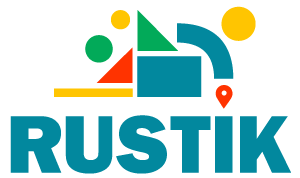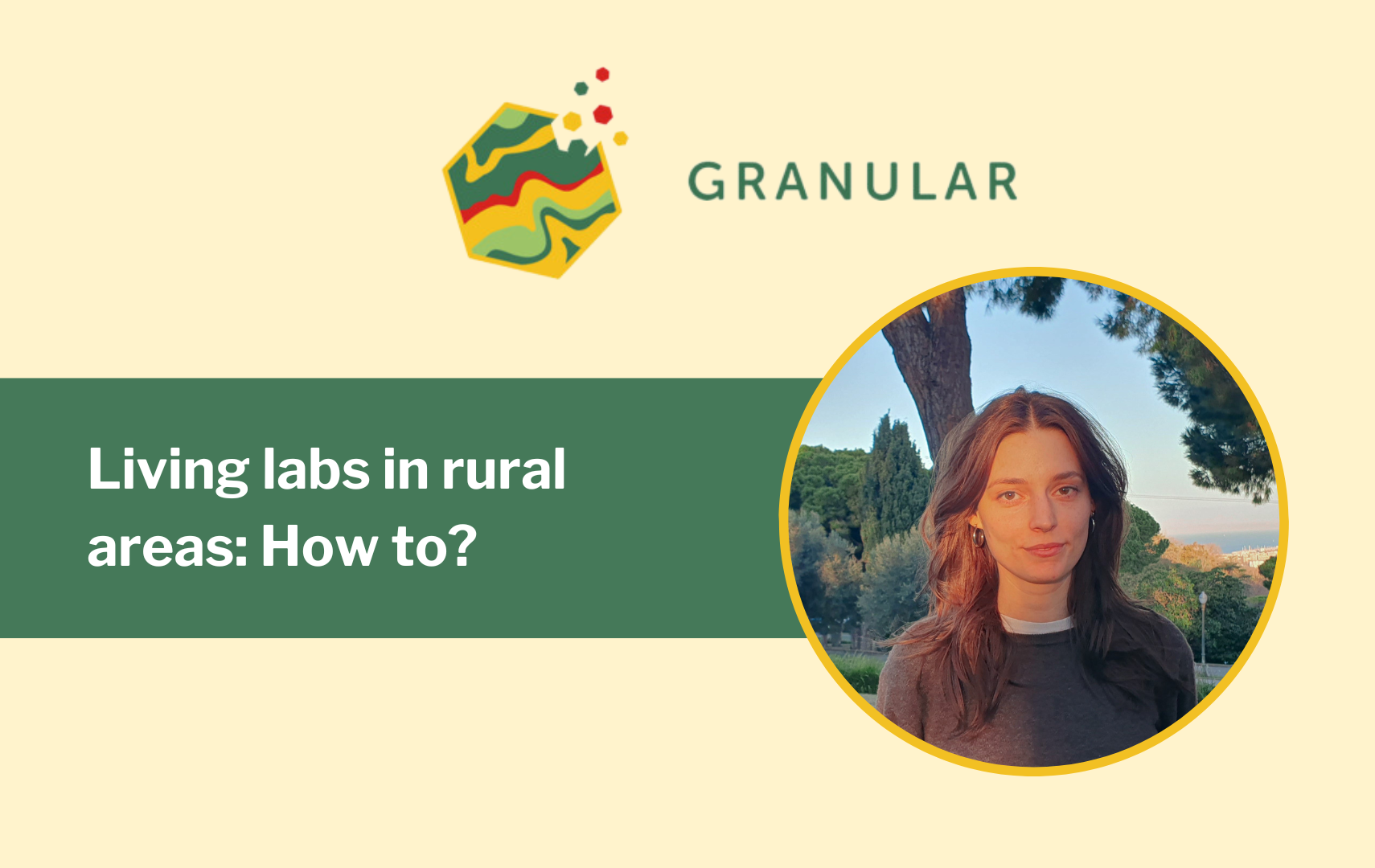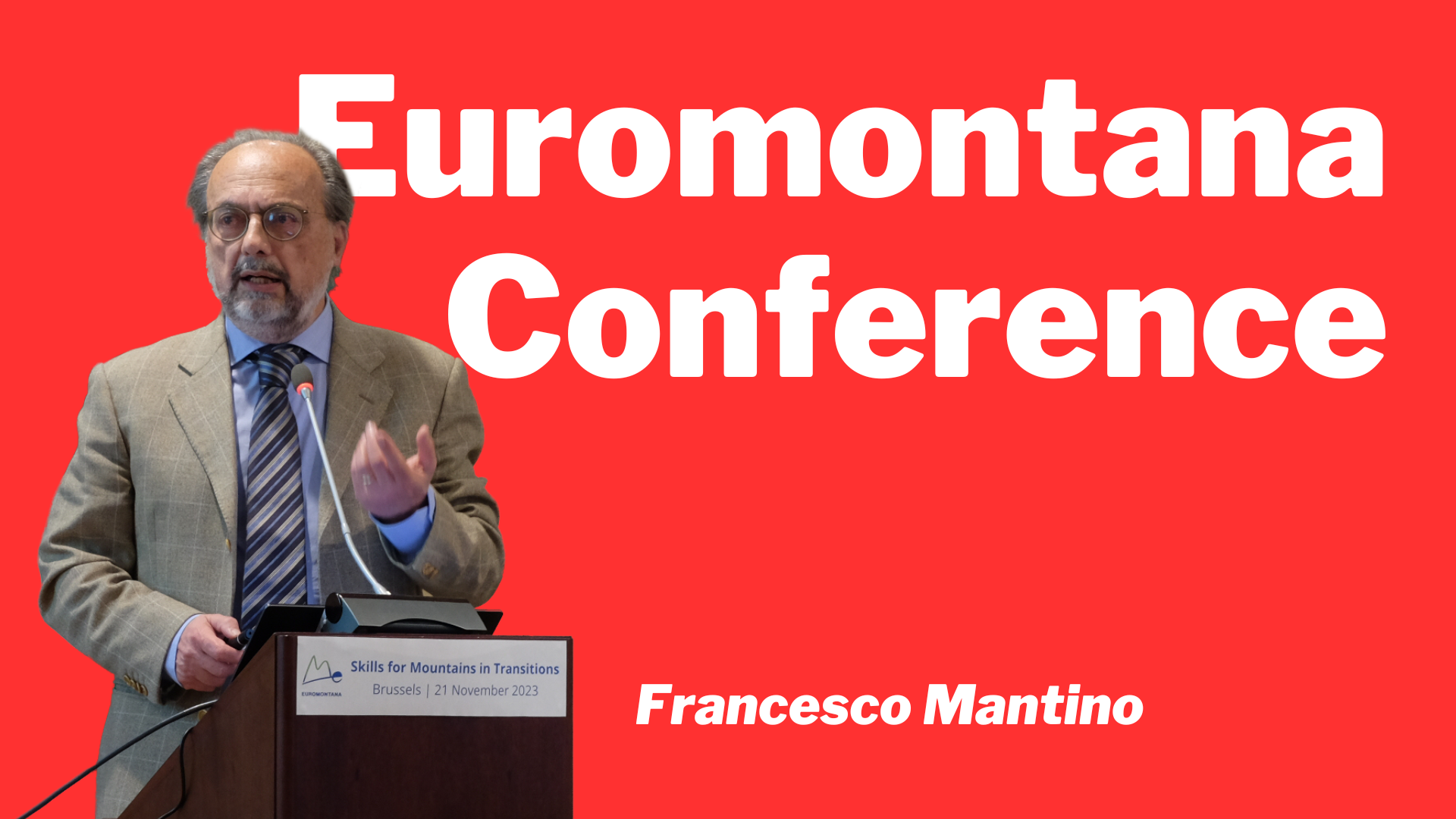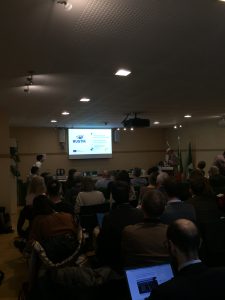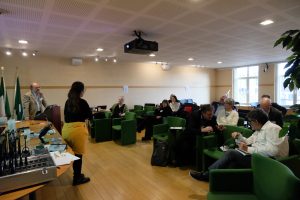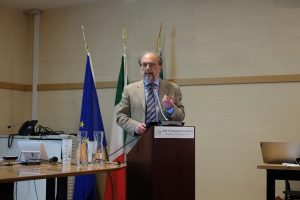In the picturesque landscapes of Carinthia, Austria, the Nockregion-Oberkärnten faces a set of challenges that demand innovative solutions for sustainable development. Daria Ernst, representing the Federal Institute of Agricultural Economics, Rural and Mountain Research (BAB), took center stage at the “Living Labs in rural areas: HOW TO? Knowledge Transfer Accelerator” organized by the Granular project and the European Association for Innovation in Local Development (AEIDL).
The Living Lab Pilot Region, nestled in Carinthia, spans 1,324 km², encompassing 17 municipalities with a population of 52,500. The region grapples with significant issues, including an imbalanced job structure, deficits in job supply, high commuter rates, out-migration of young people and women, and an aging population.
Daria Ernst adeptly introduced two pivotal topics for the Living Lab challenge, considered and deliberated with the Project Review Panel and the Focus Group, aligning with the regional strategy:
Initially, they contemplated channelling efforts into the implementation of a Quality of Life (QoL) Index tailored specifically to Nockregion-Oberkärnten. This innovative tool aspired to gauge progress and territorial development, offering nuanced insights into diverse facets of the region’s wellbeing. However, this proposal encountered several critical issues:
- Challenge of Comparability: Addressing the intricate task of ensuring the QoL Index’s comparability with other regions.
- Living Lab Approach Hurdles: Tackling challenges associated with the applicability of the Living Lab approach.
- Data Gaps and Capacity Constraints: Identifying and surmounting crucial data gaps and capacity constraints.
Subsequently, an alternative path emerged as the focal point of this Living Lab endeavor – the establishment of a Network of Small Rural Businesses (SRB), an area overlooked in previous projects. Discussions revealed an absence of representation for SRBs in regional strategies, emphasizing the need to address this gap. The rationale and objectives for this initiative include:
- Data Gap Pinpointing: Systematically identifying and addressing data gaps while mapping the current regional state.
- Comprehensive Understanding: Cultivating a profound understanding of the challenges confronted by entrepreneurs and business owners.
- Justifying the Necessity: Utilizing meticulously collected data to substantiate the imperative of instituting a regional network/platform for SRBs.
- Central Hub Functionality: Picturing the envisioned platform as a pivotal central hub adept at addressing challenges and providing indispensable support.
- Innovation Pathway: Charting a course that paves the way for innovative projects in unwavering support of SRBs.
Daria Ernst’s presentation not only showcased a thoughtful consideration of challenges but also illuminated a strategic roadmap for transformative action, promising impactful contributions to the socio-economic fabric of Nockregion-Oberkärnten. As these Living Lab initiatives progress, they hold the potential to redefine the narrative of rural development, furnishing invaluable insights and solutions applicable to analogous regions globally.
Interacting with EU Projects
Participation in this webinar provided a valuable opportunity to engage with various projects focused on rural development. Presentations from GRANULAR, SHERPA, ROBUST, and insights beyond European projects were shared, fostering a collaborative exchange of ideas and strategies. The interaction emphasized the pivotal role of Living Labs in shaping effective policies for rural advancement. As the discussions unfold, the shared experiences promise to enhance the collective knowledge pool and drive impactful initiatives in the realm of rural development.
